Past Is Prologue: Learning to Understand Generational Trauma
Growing up as a Jew, I was introduced to the idea of generational trauma long before I ever heard the term or really understood what it meant. From a relatively young age, I was educated about the unimaginable horrors of the Holocaust. I knew our ancestors had been subjected to oppression for millennia, but the Holocaust—that was a cataclysmic event my parents’ and grandparents’ generation had witnessed. This collective trauma—what Jews call the Shoah, the Hebrew word for “catastrophe”—was something we all carried, and we were taught that our vigilance was the price we paid to live out the promise of two simple words: “Never again.”





















